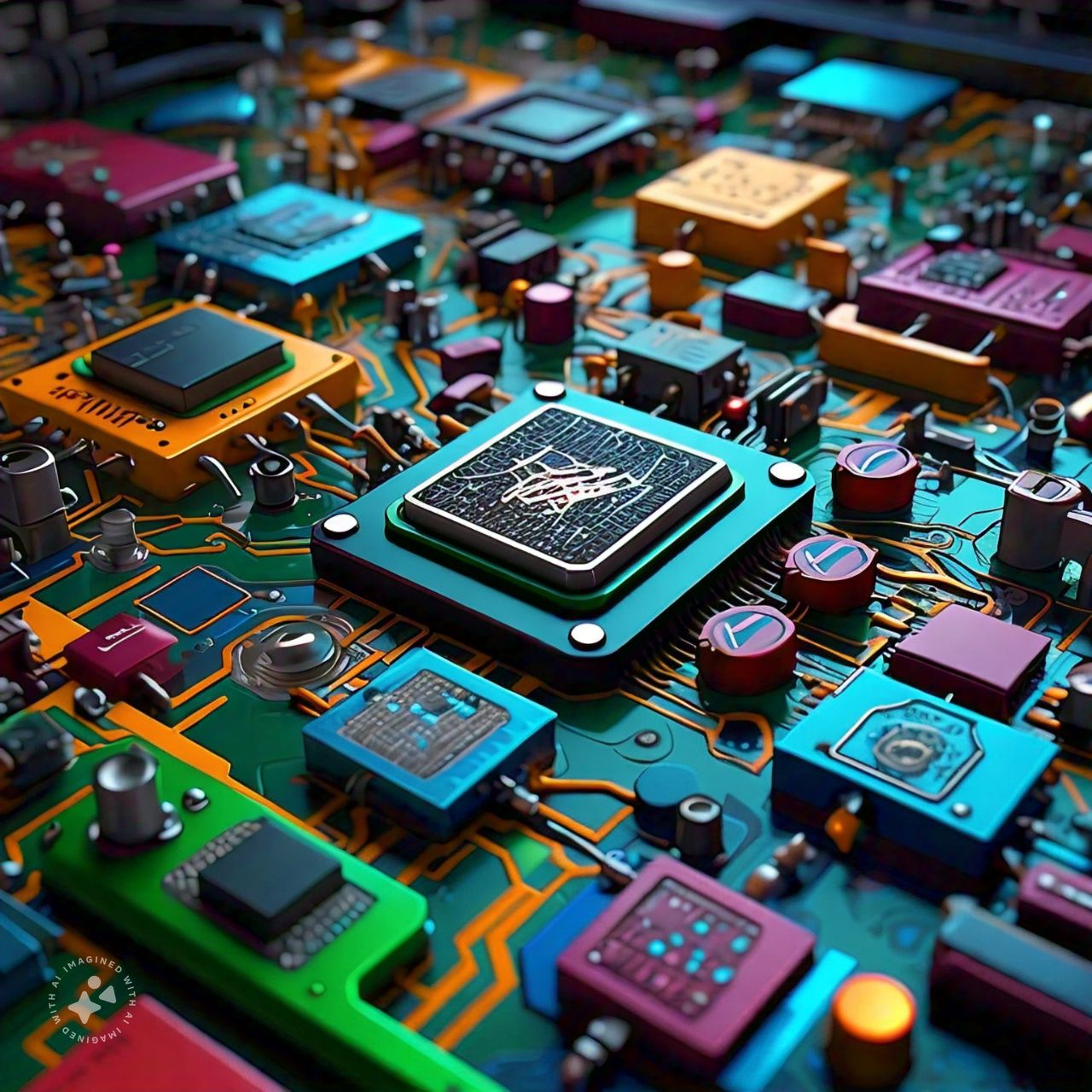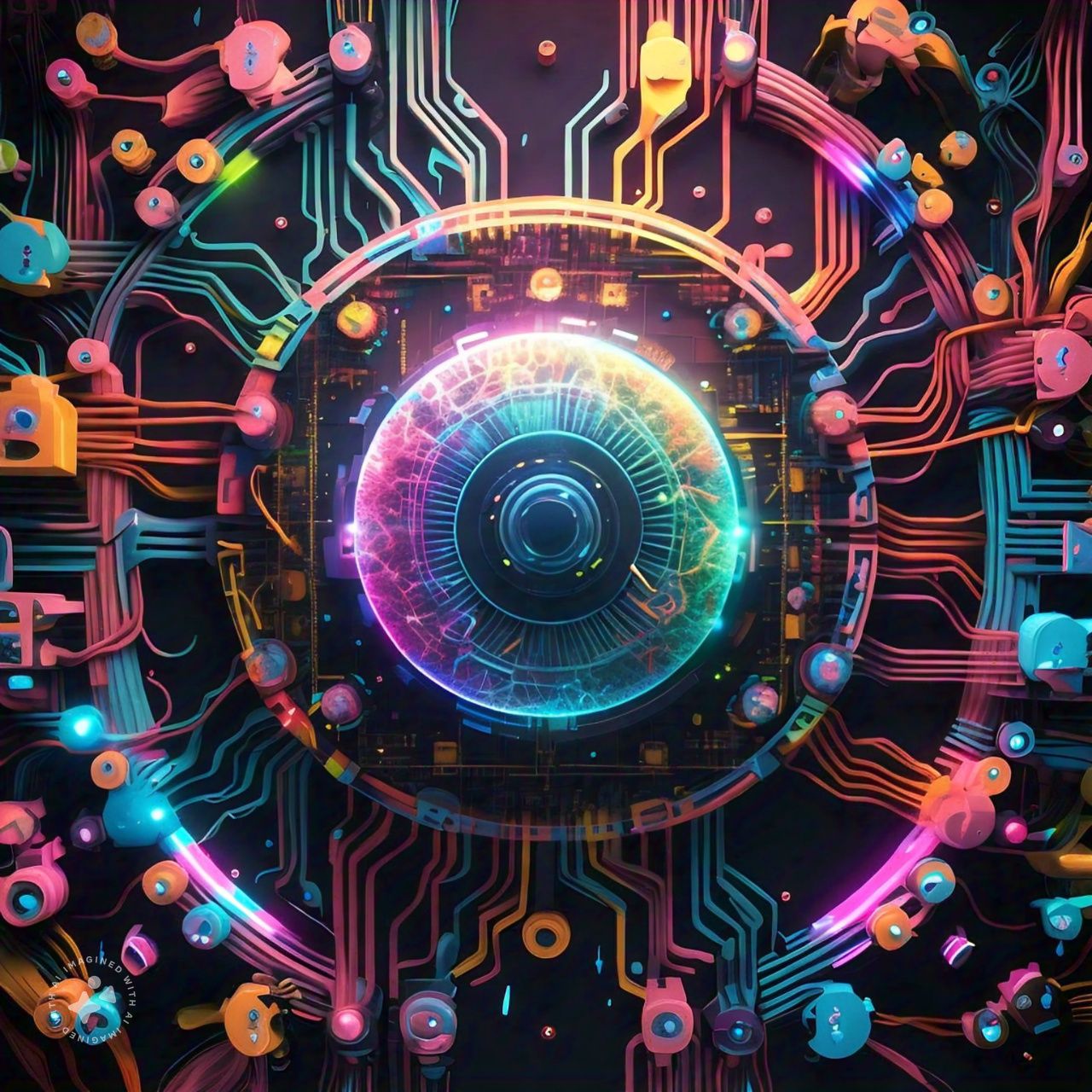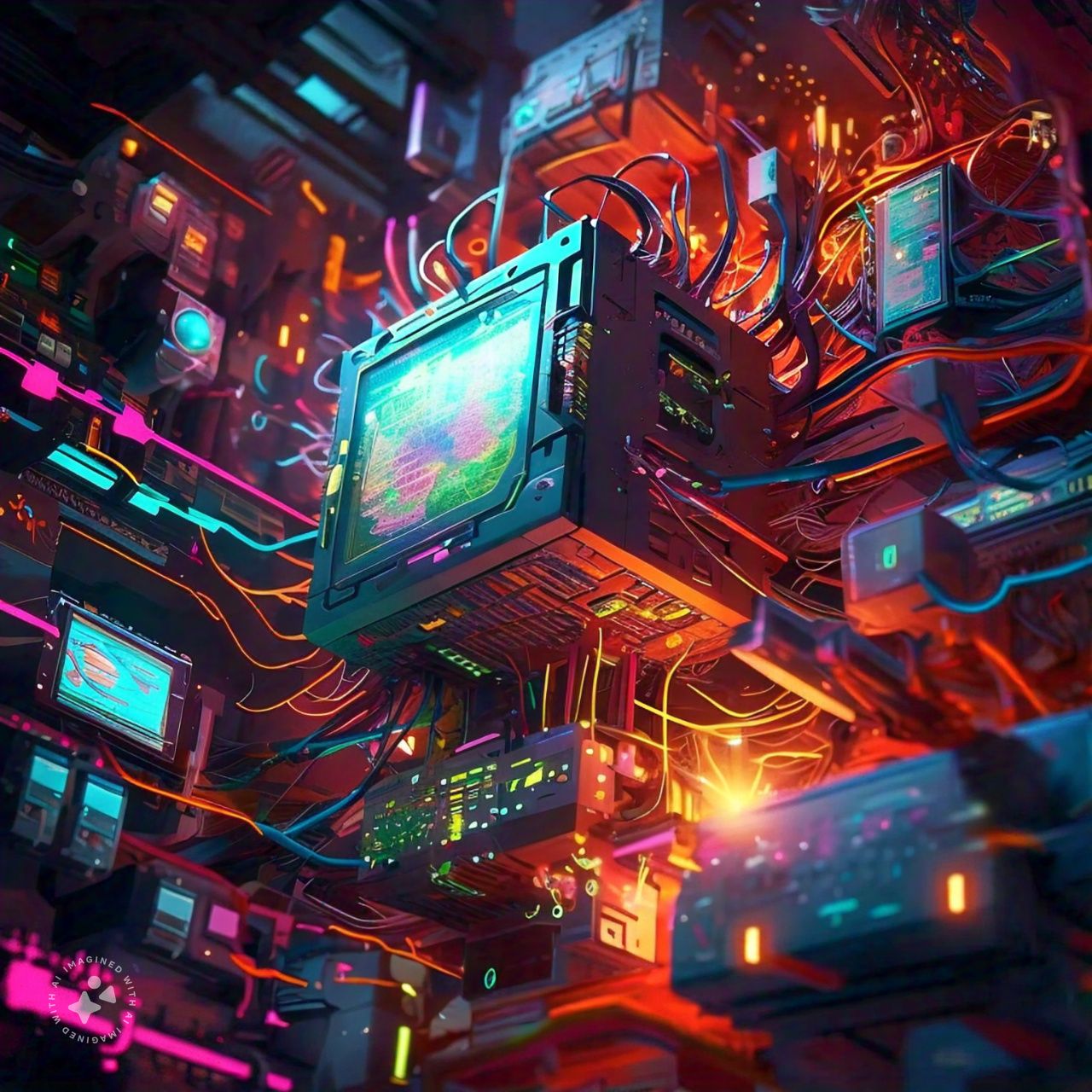In the vast expanse of our digital world, the Internet Zone stands as a pivotal domain shaping global culture. This term encapsulates the dynamic and ever-evolving space created by the internet, where cultures from around the globe intermingle, interact, and influence one another. From social media platforms to streaming services, and from online forums to virtual reality spaces, the Internet Zone has become a crucial arena for cultural exchange and innovation. This article explores the multifaceted impact of the Internet Zone on global culture, examining how it fosters connectivity, influences cultural trends, and creates new opportunities and challenges.
The Rise of Global Connectivity
The Internet Zone has fundamentally transformed the way we connect and communicate. Once bound by geographic and temporal limitations, individuals now have the ability to interact with others across the globe in real-time. Social media platforms like Facebook, Twitter, Instagram, and TikTok have revolutionized how people share their lives, ideas, and cultures. For instance, viral challenges and trends can spread rapidly across continents, bridging cultural divides and creating a shared global experience.
This connectivity is not limited to social interactions. Online communities and forums, such as Reddit and specialized interest groups, allow people to find and engage with others who share their passions, regardless of their location. This has led to the creation of niche cultures and subcultures that transcend traditional geographic boundaries. For example, anime and manga fandoms have flourished worldwide, leading to a greater appreciation and understanding of Japanese pop culture across diverse cultures.
Cultural Exchange and Hybridization
The Internet Zone has become a melting pot of cultural exchange, where ideas, traditions, and practices from different cultures can intermingle and influence each other. This process of cultural hybridization has given rise to new forms of art, music, and fashion that blend elements from multiple cultures. For instance, the global popularity of K-pop can be attributed to its ability to incorporate Western musical styles while retaining its distinct Korean identity.
Streaming services like Netflix and Spotify have also played a significant role in this cultural exchange. They provide access to a wide array of content from different countries, allowing audiences to explore and appreciate diverse cultural productions. The success of international films and television series, such as “Parasite” from South Korea or “Money Heist” from Spain, demonstrates the growing appetite for global content and the diminishing barriers between cultures.
Influence on Cultural Trends
The Internet Zone exerts a powerful influence on cultural trends, shaping everything from fashion to language. Social media influencers and content creators have become trendsetters, often dictating what becomes popular or mainstream. Their reach and impact can lead to the rapid dissemination of new styles, ideas, and movements.
For example, the rise of digital influencers has democratized fashion, allowing for a wider range of styles and brands to gain visibility. This has led to the proliferation of diverse fashion trends, as influencers from various backgrounds showcase their unique styles to a global audience. Additionally, internet-driven trends like memes and viral challenges often reflect and shape cultural sentiments, providing insight into the zeitgeist of different communities.
The Role of Virtual Reality and Augmented Reality
Virtual Reality (VR) and Augmented Reality (AR) technologies have introduced new dimensions to the Internet Zone, offering immersive experiences that transcend physical limitations. VR enables users to explore virtual environments and interact with others in a simulated space, while AR overlays digital information onto the physical world.
These technologies are reshaping cultural experiences by providing innovative ways to engage with content. Museums and cultural institutions are utilizing VR to create virtual tours and interactive exhibits, allowing people to experience historical sites and artworks from afar. Similarly, AR applications are enhancing the way we interact with our surroundings, blending digital and physical experiences in novel ways.
Challenges and Considerations
While the Internet Zone offers numerous opportunities for cultural enrichment and exchange, it also presents challenges and considerations. One significant issue is the digital divide, which refers to the disparity between those who have access to the internet and those who do not. This divide can exacerbate existing inequalities and limit the ability of certain populations to participate in the global cultural dialogue.
Additionally, the prevalence of misinformation and digital manipulation poses a threat to cultural integrity and authenticity. The rapid spread of false information and the distortion of cultural narratives can undermine trust and contribute to cultural misunderstandings. It is crucial for individuals and institutions to critically evaluate the information encountered online and strive to promote accurate and respectful representations of diverse cultures.
The Future of the Internet Zone and Global Culture
Looking ahead, the Internet Zone is likely to continue evolving, with emerging technologies and platforms further shaping global culture. Artificial intelligence, blockchain, and advancements in connectivity will likely play significant roles in how we interact and engage with cultural content.
As the Internet Zone grows, it will be important to address the challenges it presents while leveraging its potential for positive cultural exchange. By fostering inclusivity, promoting digital literacy, and encouraging respectful dialogue, we can ensure that the Internet Zone remains a space that enriches and connects diverse cultures.
In conclusion, the Internet Zone has become a central force in shaping global culture, facilitating unprecedented levels of connectivity, exchange, and innovation. Its impact is evident in the blending of cultural practices, the dissemination of trends, and the creation of new forms of digital experiences. As we navigate this dynamic and interconnected space, it is essential to embrace the opportunities it offers while remaining mindful of the challenges it presents. The future of global culture will undoubtedly be influenced by the continuing evolution of the Internet Zone, shaping how we connect, create, and understand each other in the digital age.



